Raven SR waste-to-hydrogen plant in California to be powered by INNIO Jenbacher’s Ready-for-H2 engines
Green Car Congress
AUGUST 12, 2022
At the site, landfill gas (LFG) will be the primary fuel to provide power for the non-combustion process that converts waste to hydrogen. The collaboration with Raven’s technology offers a strong renewable hydrogen alternative to electrolysis, using less electricity and no need for fresh water. Earlier post.).

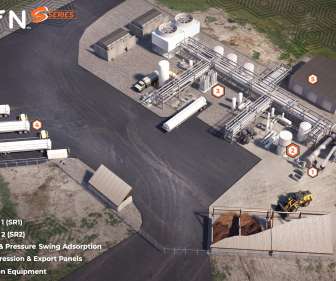


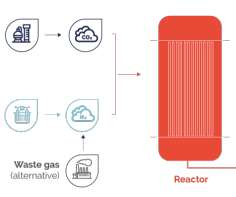
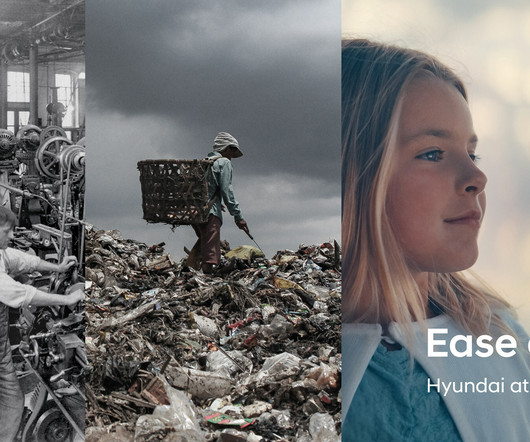


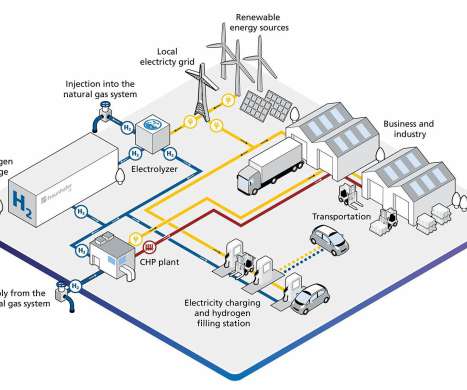



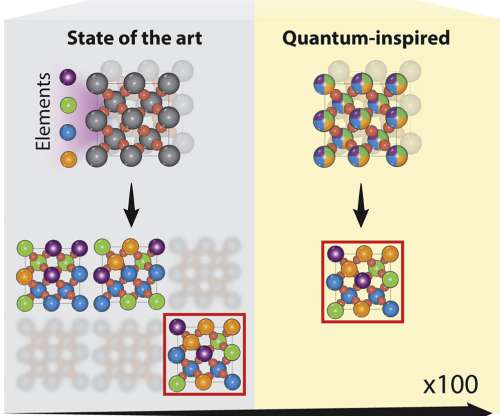










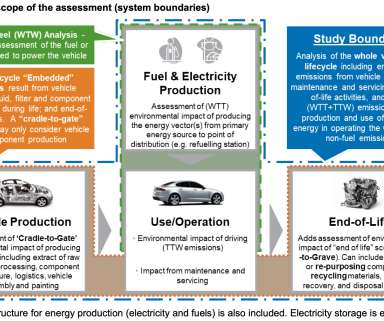


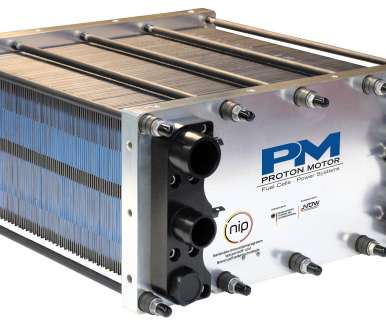





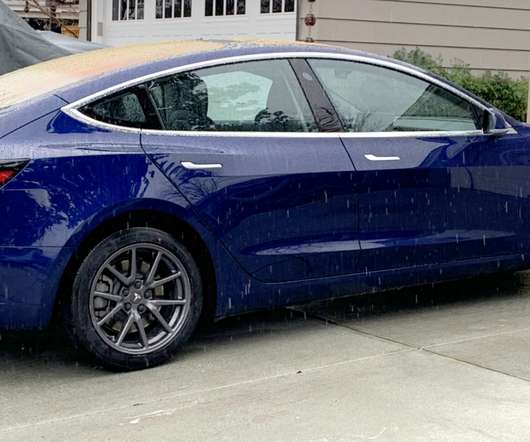

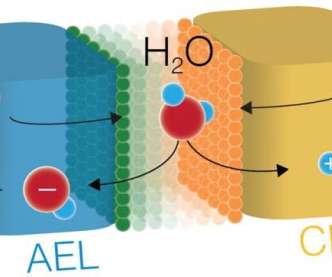
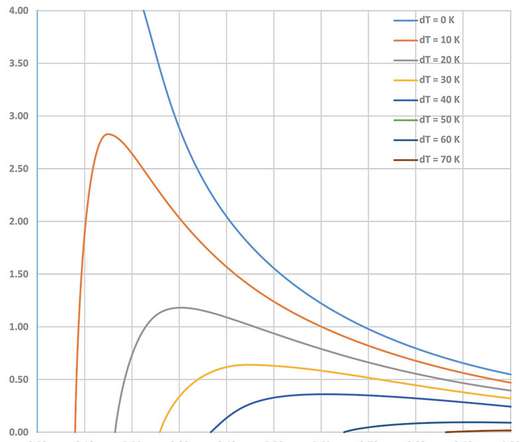






Let's personalize your content